Met failing in almost all work areas - inspectorate
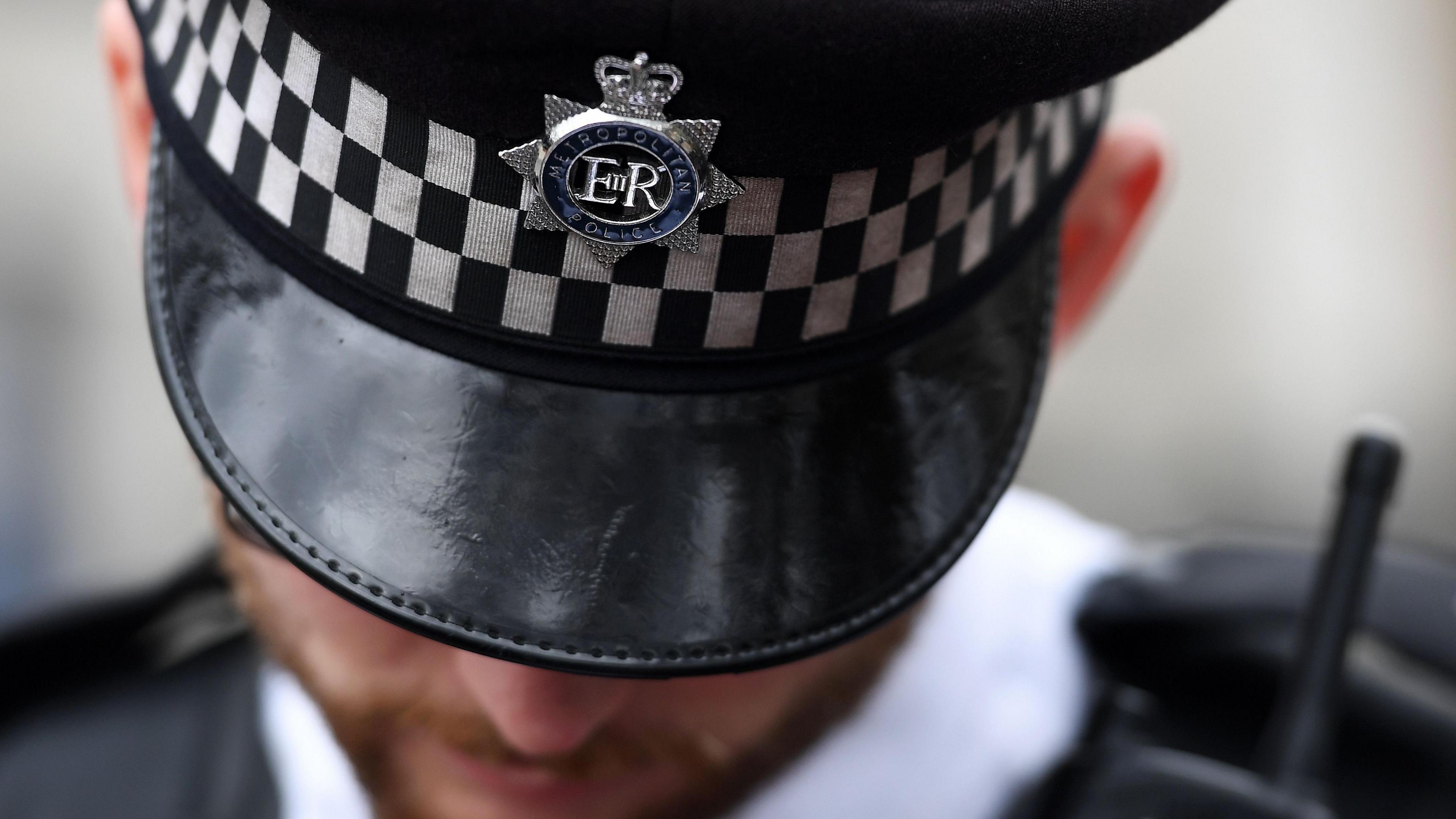
The police inspectorate found seven of nine areas were inadequate or needed improvement
- Published
The Metropolitan Police is failing in almost all its areas of work, the police inspectorate has said.
The force was assessed across nine areas and graded as "requires improvement" or "inadequate" in seven - including investigating and preventing crime.
HM Inspector of Constabulary Lee Freeman said many changes had already been made but not yet resulted in "consistent improvements".
The Met said it was "using every available resource to deliver more trust, less crime and high standards".
His Majesty’s Inspectorate of Constabulary and Fire & Rescue Services (HMICFRS) inspected the force for the 2023-25 period, external.
Mr Freeman highlighted:
The Met was "inconsistent" in managing sex offenders, with a backlog of visits and risk assessment in some teams
It has more work to do to make sure it "consistently assesses the level of risk" for all 999 and 101 calls when considering a response
The force "hasn’t met its goal of reducing the number of outstanding suspects"
There were "significant issues in the standards of investigation, victim care and investigation management" in the Met's victim service, and "some offences involving vulnerable people aren’t being investigated by suitably trained investigators"
The Met has been in an enhanced monitoring process known as Engage since a previous inspection in 2022. Engage is used when a force is "not succeeding in managing, mitigating or eradicating" a cause of concern.
This came after a series of scandals that engulfed Scotland Yard, including the murder of Sarah Everard by serving officer Wayne Couzens, strip searches of children and failures investigating the deaths of the victims of serial killer Stephen Port.
The HMICFRS said the force would remain in the Engage process.
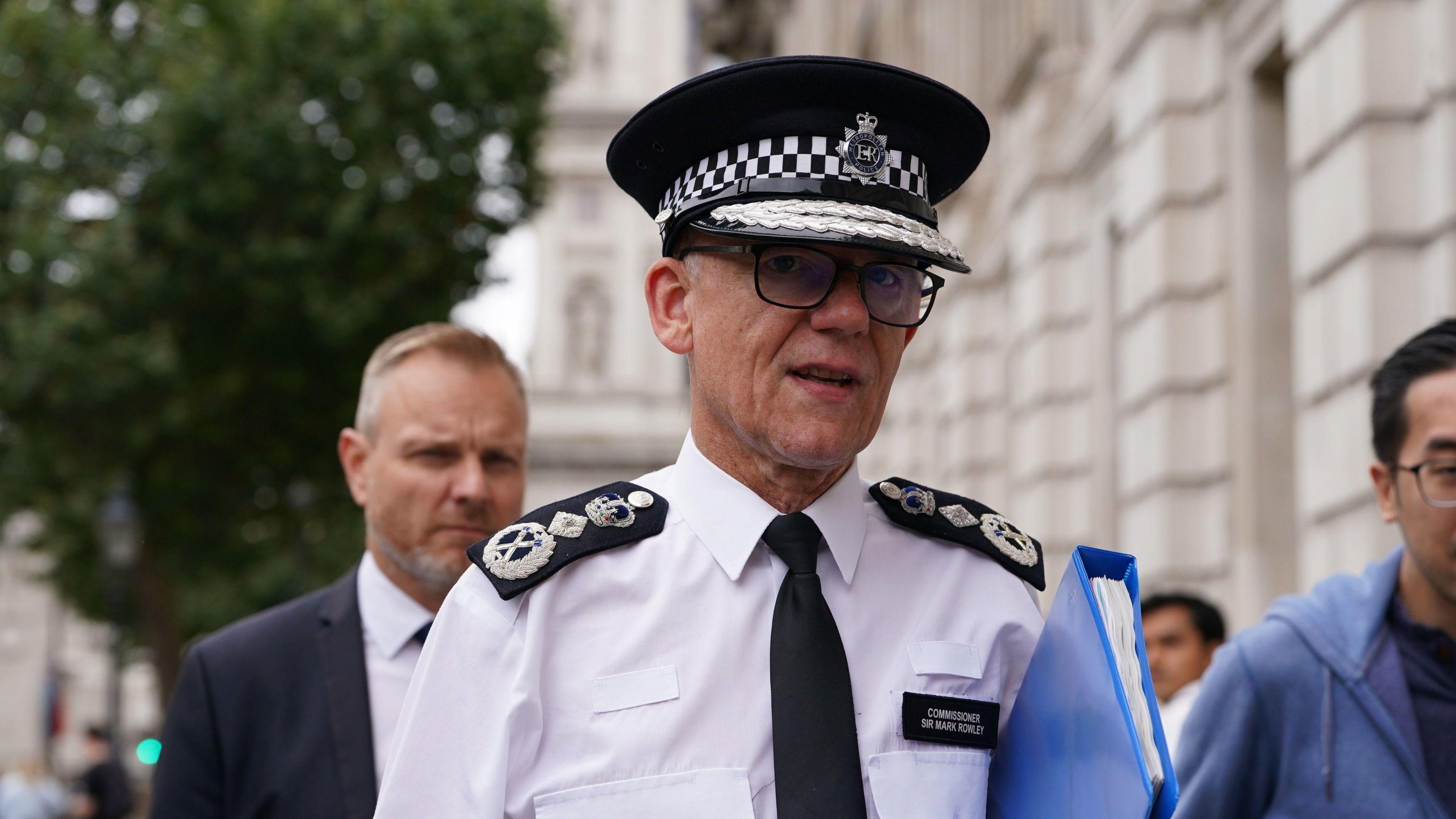
The London mayor said he was "confident" the Met's commissioner, Sir Mark Rowley, could "turn this around"
Mr Freeman said the Met was going through a "significant" transformation, and "many changes have already been made", but "these haven’t yet translated into consistent and sustained improvements in certain key areas".
"Consequently, I have serious concerns about how the force is currently investigating crime and managing offenders and suspects," he said.
"I also have concerns about how the force is preventing and reducing crime and providing victims with an effective service."
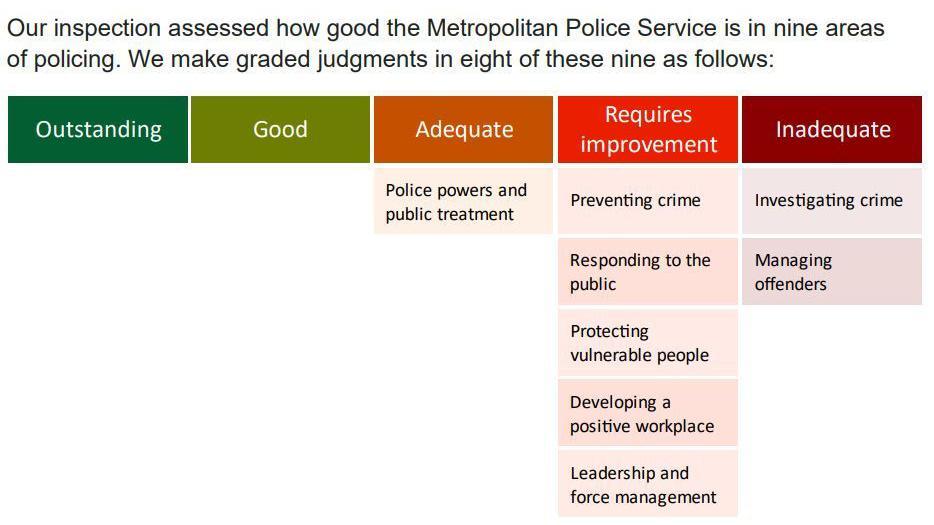
Other findings included issues arising due to a lack of training for investigating officers, including in managing sex offence suspects and offenders, and inexperienced officers "trying to manage large workloads beyond their training and knowledge".
It said the Met told the inspectorate almost one in five (18%) of visits to sex offenders were overdue.
The force’s "culture makes some officers and staff reluctant to speak out about poor behaviour", the report added.
Concerns were also raised over the Met's proposals to scale back its plans for reform due to a funding gap of £92m for the 2024-25 year.
"It presents a significant risk to the capability and capacity of the force to implement the improvements that are required," the inspectorate said.
However, the HMICFRS praised the force's use of stop and search, saying it was "both fair and effective" and that "the overwhelming majority of recorded grounds for stop and search were reasonable".
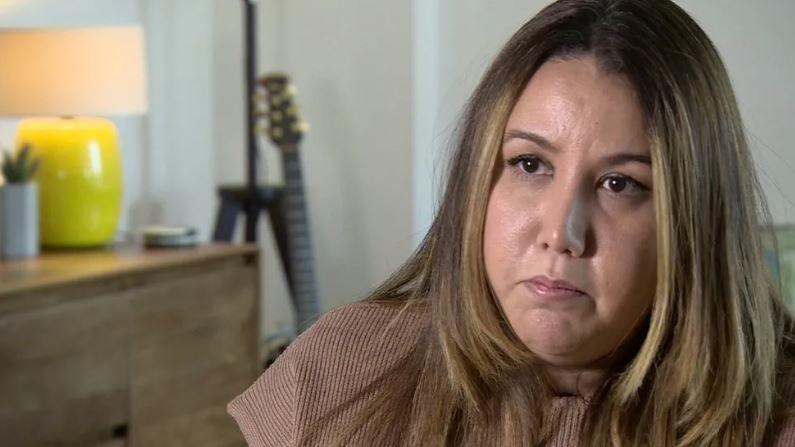
Rape survivor Juliana Terlizzi said it was "triggering to hear over and over again the same findings regarding the Met"
Juliana Terlizzi from south-west London, who waived her right to anonymity after she was drugged and raped by her then-boyfriend in 2020 , said she "welcomed" the findings.
"It's no news to me or other survivors of rape and serious sexual offences, given our experience," she said.
But, she added: "It is triggering to hear over and over again the same findings regarding the Met, and more so the promises of improvement."
She claimed the "underlying issue" of corrupt officers "remains", and if the force "wants to restore the confidence of the public, they need to show that misogyny, racism and any type of predatory behaviour won't be tolerated within the force and invest in proper training".
"Until they start taking complaints seriously to identify and remove officers who are not fit to serve, the Met will continue to fail victims," she said.
Mr Freeman told BBC Radio London that while he was sure the force was “disappointed” with some of the gradings, improving things was a “work in progress”.
“I think the public should have some reassurance that the force knows what the issues are, that they have a plan to do it - but of course the next stage now is to consistently deliver that,” he said.
He added "much more does need to be done" to ensure the impact of many of the changes were "beginning to be seen and felt consistently by victims and communities across London".
A Met spokesperson said the force was using "every available resource to deliver more trust, less crime and high standards for London" and the report "underlines why this continuing reform is needed".
“We are now reflecting carefully on the findings, the core of which reflect our 'A New Met for London' plans and the briefing we gave to the HMIC," they added.
The Mayor of London, Sadiq Khan, said he welcomed the report and agreed with its findings but said he was "confident" the commissioner Sir Mark Rowley could "turn this around".
"We've got a long way to go but we're heading in the right direction," he said.
Listen to the best of BBC Radio London on Sounds and follow BBC London on Facebook, external, X, external and Instagram, external. Send your story ideas to hello.bbclondon@bbc.co.uk, external
Related topics
- Published22 September 2022
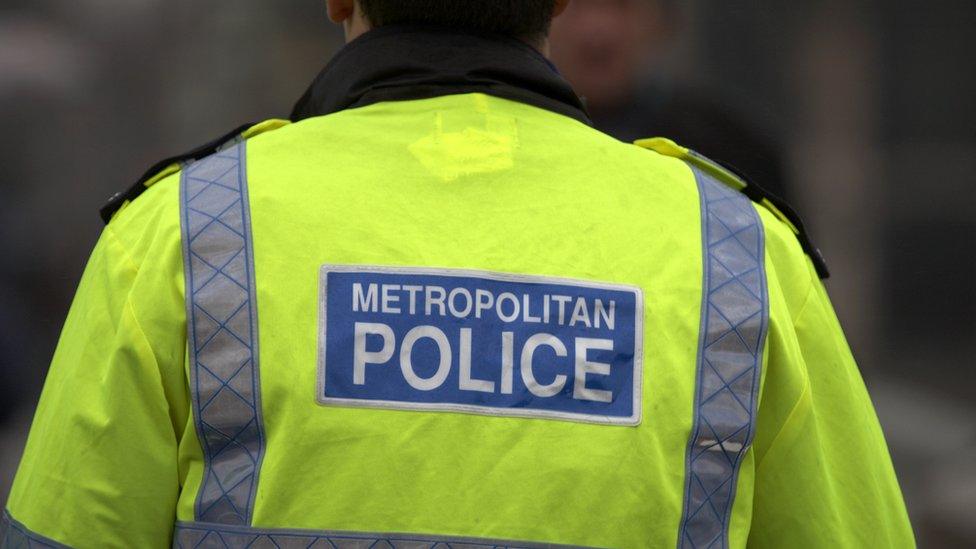
- Published28 June 2022

- Published29 June 2022
